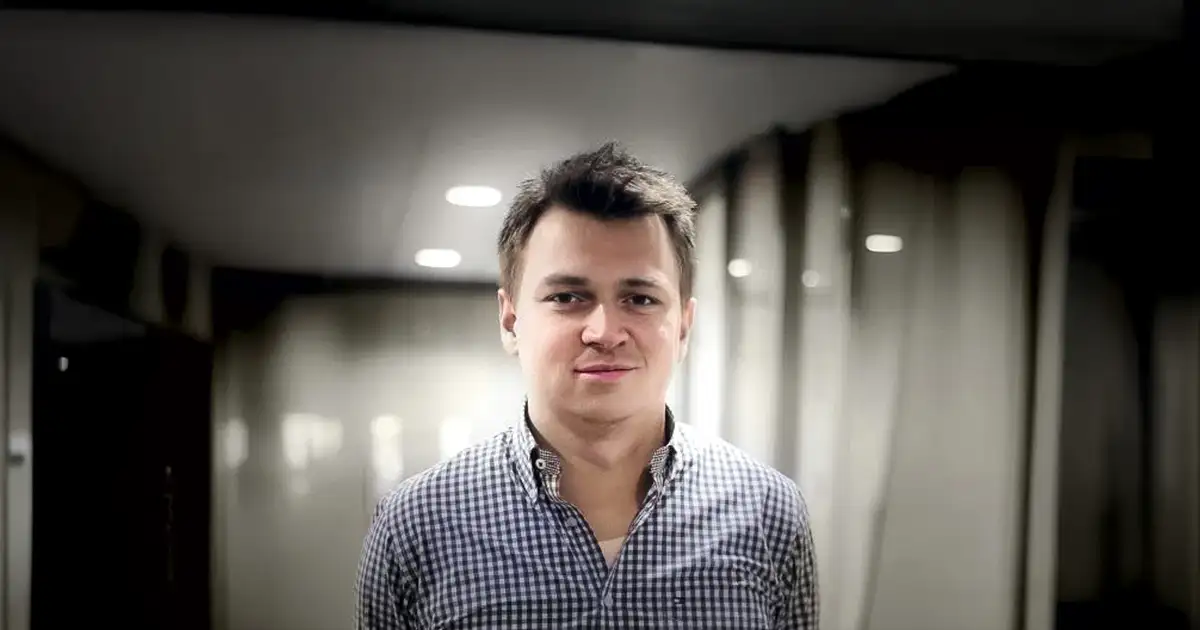🎥Eric Konings NOGA – The harsh consequences of gambling restrictions in the Netherlands
In an exclusive interview, we sat down with Eric Konings, interim director of NOGA until March 1, to discuss the uncertain future of the Dutch gambling market.
Between rising taxes, increasingly strict restrictions and advertising bans, legal operators are struggling to survive while the illegal market is thriving. Konings gives us his unfiltered analysis of the consequences of this policy and explains why he has chosen to leave his position.
(You can turn on English subtitles to follow the full interview.)
The Dutch online gambling market is a rollercoaster
Gambling has been legal since 2021, but the rules keep piling up. Advertising bans, stricter playing limits and higher taxes mean that more and more providers are unable to survive.
Eric Konings, interim director at NOGA (Netherlands Online Gambling Association) until March 1, is concerned.
“Legal casinos are having a hard time, while illegal providers are getting bigger and bigger.”
Why Eric Konings is leaving NOGA
Eric Konings started at NOGA in 2018 and has seen the sector change from within.
“When I started, it was a small club. Now it is a strong industry organization.”
But he is pessimistic about the future.
“The rules are getting stricter, but they are counterproductive. Players who get stuck with legal providers simply go to a site without a license.”
After March 1, he will continue as a consultant and focus on his own companies. However, he continues to follow the market.
“It feels like my work is not done yet, but sometimes you have to step aside.”
Illegal gambling sites are gaining ground
When online gambling became legal, the goal was to get players to safe and controlled providers. That worked well at first, but now it is going wrong.
“Instead of fewer players at illegal sites, we now see 400,000 per month. That is the entire city of Utrecht full of people playing at uncontrolled casinos.”
Why do so many players gamble illegally?
According to Eric Konings it is simple:
“Legal casinos have to comply with more and more rules. They are not allowed to advertise, have to set strict limits and pay high taxes. Illegal providers do not have to comply with anything and lure players with bonuses and higher stakes.”
Tax increases and strict rules push providers away
The Dutch gambling tax has been increased and there is talk of even stricter rules. That has immediate consequences.
“Tombola and Livescore have already stopped. They couldn’t keep going. The market is getting smaller and smaller, and that’s bad news for players. Less competition means less choice and worse conditions.”
Large gambling companies can still hold their own, but small parties are having a hard time.
“The Netherlands is one of the strictest markets in the world. If this continues, only a few large companies will remain, and that’s not good for the player.”
Advertising ban hits sports clubs hard
The ban on gambling advertising also has another victim: the sports world. Eredivisie clubs and smaller sports associations are now missing out on millions in sponsorship.
“Clubs are losing between 40 and 70 million euros. And that while that money was previously invested legally and transparently.”
In Belgium, clubs are looking for backdoors, such as setting up foundations to still work with gambling companies. This is being closely monitored in the Netherlands.
“Questions have already been asked about it in parliament. But the problem remains: sports clubs need that money, and they are going to look for alternatives.”
The role of affiliates: from ally to competitor?
For years, affiliates played a major role in the gambling industry. They brought players to legal casinos and earned a commission there. But new regulations are making that increasingly difficult.
“Some affiliates are now switching to the illegal market. And that is exactly what we do not want.”
Nevertheless, there are also parties that adhere to the rules.
“The KVA (Keurmerk Verantwoorde Affiliates) immediately distanced itself from illegal sites. That is a good step. But if affiliates can no longer earn money with legal parties, they will look elsewhere.”
What does the future hold?
Konings is realistic about what is to come.
“I think we will see even more companies disappear. The regulatory burden is too high, and some providers will simply not see it anymore.”
At the same time, he hopes for a more honest discussion.
“Gambling has always been there and will always be there. Instead of increasingly strict rules, we should look at what really works.”
He himself remains active in the sector, but then as a consultant. And besides his work in the gambling world?
“I am writing a book about RBC Roosendaal, the football club of which I am vice-chairman. Gambling and football, they both remain exciting.”


